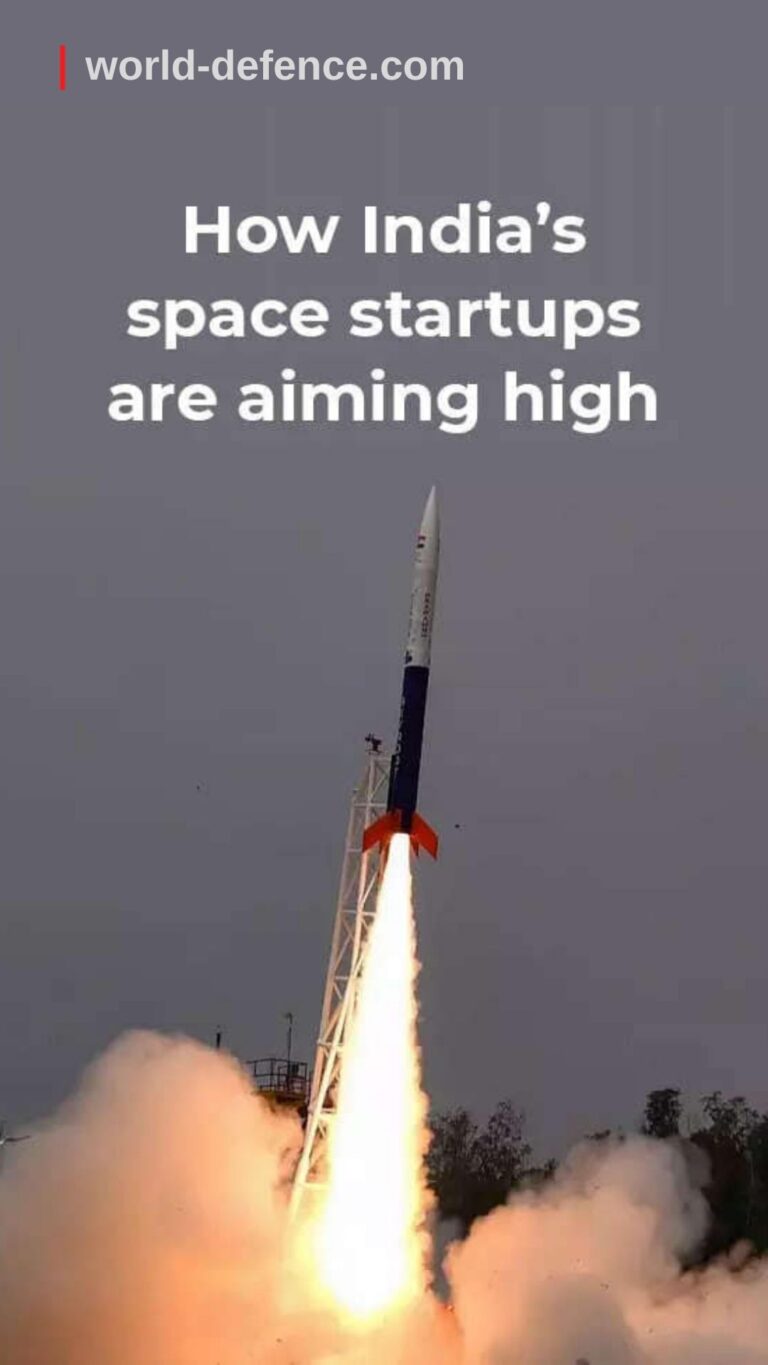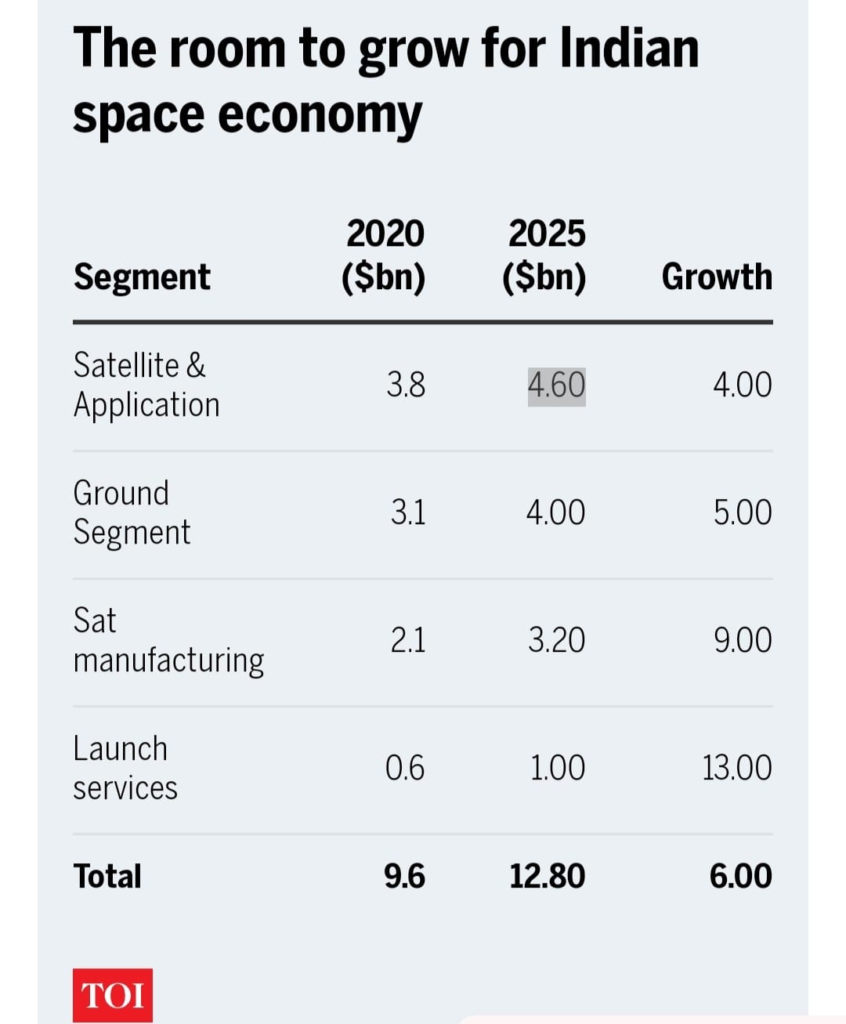
While rocket launches garner the most media attention, private companies are collaborating with ISRO on everything from earth photography to space weather monitoring.
India is unlikely to produce an Elon Musk or Jeff Bezos in the near future, but the country’s space industry has shown signs of improvement in recent months. Friday’s sub-orbital mission by Skyroot Aerospace, Prarambh, marked the commencement of microscale private launch activity. The launch of (Skyroot’s) Vikram-S, a modest, single-stage rocket, will, according to Isro chairman S Somanath, “show that young people with a desire to develop something large can actually accomplish so in India.”

While Skyroot is the first, other private companies are already preparing for missions involving not only rockets, but also satellites and applications. Ramesh Nagasamudram, vice president of Aniara SpaceCom, a consultancy specialising in satellite services, feels that the space industry is primed for growth comparable to the IT industry. “The assistance of Isro has been a welcome development. Isro demonstrates a transparent desire to listen, promote, and enhance its infrastructural resources. In addition, startups are more industry- and revenue-focused, targeting worldwide markets, he explains.
The contract won by the Hindustan Aeronautics Limited-Larsen & Toubro collaboration to produce five Polar Satellite Launch Vehicles (PSLV) outside of Isro is a notable achievement for the private sector. In September, a formal contract worth approximately Rs 860 crore was signed.
Given that a rocket launch is the most visible component of the space industry, it frequently obscures other equally important tasks. Even the enormous Isro is affected by this, as its work is nearly always assessed by the number of launches it conducts.
However, not every news pertains to the launch segment. From patents on essential technology to the development of indigenous products and projects with the potential to provide India a competitive edge, there have been numerous changes in the months since India announced its intention to open the industry in June 2020. Additionally, some intriguing initiatives are in development.
In 2021, Agnikul Cosmos, Bellatrix, and Pixxel signed memorandums of understanding with Isro and collaborated closely with IN-SPACe, India’s space regulator and promoter.
Several tests validating crucial technologies developed by private companies have been conducted in recent months, while others have begun operations. On a SpaceX rocket, Pixxel launched Shakuntala, India’s first privately constructed earth imaging satellite. Later this month, the company will launch its second satellite, Anand, aboard a PSLV. Earlier this year, Digantara and Dhruva Space flew technology demonstration payloads aboard a PSLV. Digantara has also inked an MoU to establish the first private space observatory on Indian soil. Anirudh Sharma, the chief executive officer of Digantara, states, “We’ve determined that space weather is a significant factor that will boost the precision of our solution. We launched the proprietary weather monitor on PSLV for this reason.”
IN-SPACe facilitates coordination between Isro and private space companies. “From facilitating access to diverse Isro infrastructure to mentoring and promotions, we provide comprehensive support,” says Vinod Kumar, director of promotions for the organisation. There are 294 entities registered with IN-SPACe, 89 of which are startups. It is now assessing 158 additional project proposals.

Agnikul will launch its suborbital flight after Skyroot. It has recently gotten a key system from Isro, another first, as a system designed for Isro rockets has never been utilised by a private organisation. “The industry now knows who to contact at Isro or IN-SPACe, and they’ve been working closely with industry,” says Srinath Ravindran, co-founder of Agnikul.
The importance of Isro and IN-SPACe assistance is echoed by Ajay Kumar, founder-CEO of Vellon Space, and Pawan Kumar Chandana, CEO of Skyroot. In fact, Chandana attributes this to Vikram-quick S’s turnaround time.
On November 26, Isro’s PSLV, via its commercial subsidiary NSIL, will launch multiple commercial payloads, including Pixxel’s Anand, two satellites from Dhruva Space, and four US payloads. NSIL has now launched 36 OneWeb satellites, with another launch planned for early next year. According to Lt. Gen. (ret.) AK Bhatt, director-general of the Indian Space Association, “the last few months have been distinguished by multiple firsts, and Friday’s launch was another indication of what united efforts in the space sector can accomplish.”